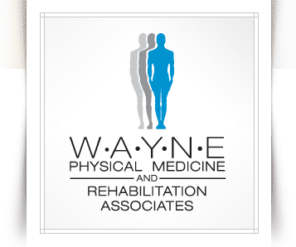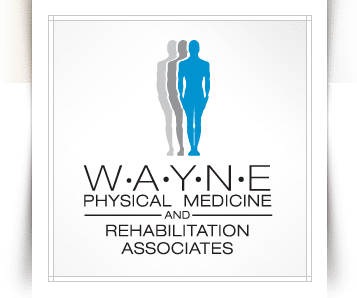Some patients require sub-acute inpatient rehabilitation when they are well enough to be discharged from the hospital, but not necessarily ready to live independently at home yet. Sub-acute refers to their designation as patients who still need services, although they are no longer considered acute, or in need of intensive, round-the-clock care. Inpatient facilities offer an important transitional place to live for a period of several days to several weeks while receiving the necessary therapy to make the most complete recovery possible.
All patients are provided with a unique, customized treatment plan based on their individual condition, needs and goals. Patients work with a team of therapists each day. In addition, because treatment is residential, the patients benefit from the on-site patient care of doctors and nurses at all times. The staff also works with the patient and the patient’s family and support network to prepare them for a successful outcome when returning home.
Time spent in a sub-acute inpatient rehab program is structured around various therapy sessions. There are generally one to two hours of therapy executed almost every day, with the exact amount varying by patient depending upon their personalized treatment plan.
The multi-pronged approach taken in sub-acute inpatient rehab includes the participation of numerous staff members. A patient’s program may involve some or all of the following:
- Physical therapists to focus on such overall bodily abilities as coordination, balance and strength.
- Occupational therapists help patients recover their skills in daily activities and work toward independent functioning.
- Physicians with training in rehabilitation supervise the process, coordinating the team and fine-tuning treatment plans as necessary.
- Nurses offer care and assistance throughout all aspects of a patient’s recovery.
- Recreational therapists utilize a range of recreational activities such as dance, sports, art and music to develop confidence and restore motor function abilities.
- Speech therapists can help those patients with communication impairments to regain effective speech abilities again.
- Psychologists or social workers provide emotional support and therapy to patients and help them prepare for independent living.
Sub-acute inpatient rehabilitation can benefit patients who have experienced various types of injuries or illnesses or after undergoing surgery. Some of the typical conditions for which a patient would be recommended for sub-acute inpatient rehab include spine surgery, joint replacement, amputation, stroke, pneumonia and congestive heart failure. These patients can often make significant progress in an inpatient setting, which helps them to maximize their abilities and attain a satisfying level of self-sufficiency over time.
Contact one of our offices to learn more about Sub-Acute Inpatient Rehab or to make an appointment. Wayne: (973) 595-6066



